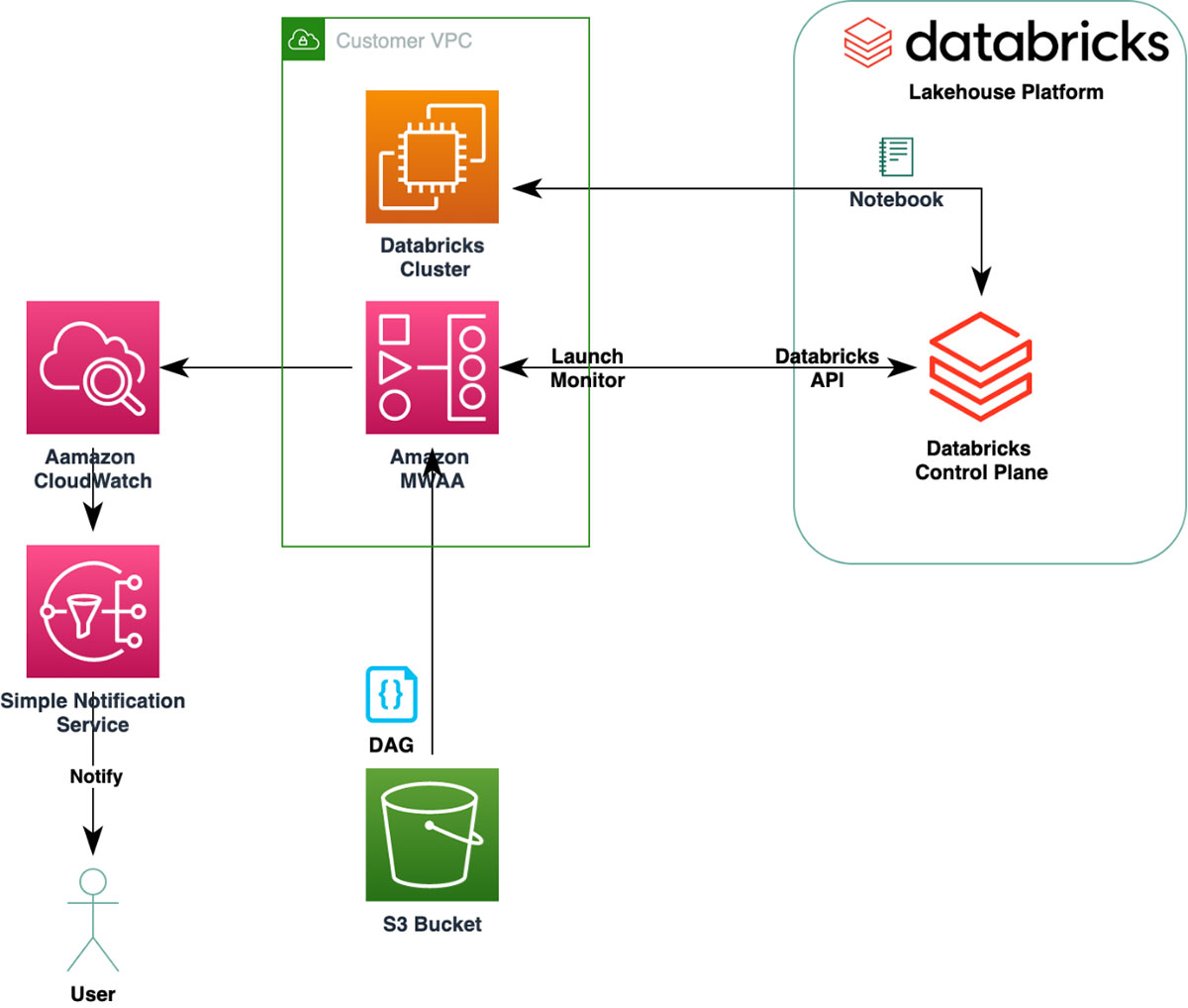Understanding and utilizing Databricks for Advanced Data Analytics
Introduction:
In the ever-evolving landscape of data analytics, emerging technologies continually reshape the way we handle and analyze data, offering efficient, scalable, and powerful solutions. Among these innovations, Databricks stands out. In this blog, we will take you through the world of Databricks, exploring its features, benefits, use cases, and how it can revolutionize the way we approach data engineering and data analytics.
Databricks is a unified, open analytics platform for building, deploying, sharing, and maintaining enterprise-grade data analytics and AI solutions at scale.
Key Features of Databricks:
- Apache Spark: Databricks, built on the foundation of Apache Spark, delivers unmatched performance and scalability for processing big data and powering machine learning workloads.
- Interactive Workspace: Databricks provides a dynamic interactive workspace, supporting various programming languages such as Python, R, Scala, and SQL. Integration with the versatile Jupiter Notebook enhances the user experience.
- MLflow: With built-in MLflow, an open-source platform, Databricks simplifies the end-to-end machine learning lifecycle, from model development to deployment, fostering streamlined workflows.
- Delta Lake: The innovative Delta Lake augments data lakes with ACID (Atomicity, Consistency, Isolation, and Durability) transactions and enhances data reliability features, elevating data quality and consistency to new heights.
- Data Visualization: Databricks equips users with diverse data visualization tools like choropleth maps, heatmaps, charts, and more. Visualizations are effortlessly created from data stored in Databricks SQL data lakes, empowering users to customize, aggregate, and analyze data effectively.
Benefits of using Databricks:
- Performance: Databricks in-memory processing powered by Apache Spark results in exceptional performance, reducing the time required for complex data tasks.
- Productivity: With a unified environment and a wide range of tools, Databricks streamlines your workflow, enabling you to focus more on insights and less on technical challenges.
- Collaboration: The collaborative workspace encourages teams to work together, share ideas, and collectively solve problems, enhancing overall productivity.
- Cost Efficiency: Databricks efficient resource utilization and scalability can lead to cost savings in terms of hardware and infrastructure.
- Data Security: Databricks provide robust security features to ensure that sensitive data remains protected throughout the analytics process.
Architecture:
Azure Architecture
AWS Architecture 
Source: www.databricks.com/blog
Use Cases of Databricks:
- Financial Analytics: Databricks can be employed to analyze intricate financial data, perform risk assessments, and forecast market trends with high accuracy.
- Healthcare Insights: In the healthcare sector, Databricks can help process vast amounts of patient data to derive insights for personalized medicine and disease prediction.
- Retail Optimization: Retailers can leverage Databricks to analyze customer behavior, optimize supply chains, and enhance sales predictions.
- Energy Management: Energy companies can utilize Databricks to analyze energy consumption patterns, optimize distribution, and predict maintenance needs.
Ideal scenarios for leveraging Databricks:
- Advanced Analytics: If you require sophisticated analytics, complex data transformations, and cutting-edge machine learning capabilities, Databricks is your go-to platform.
- Real-time Processing: When real-time processing and streaming capabilities are indispensable, Databricks shines with its robust performance.
- Collaboration Matters: Prioritizing collaborative data projects? Databricks offers a collaborative workspace that empowers teamwork.
Conclusion
Databricks is a game-changer in the realm of data analytics, offering a comprehensive platform that integrates processing, analysis and machine learning. Its performance, scalability, and collaborative features make it a valuable asset for organizations looking to harness the power of data. Whether you are a data scientist, analyst, or business leader, exploring Databricks could open up a new world of possibilities for advanced data handling and performing data analytics.
